The West German Genome Center (WGGC) is a collaborative network of Universities and institutes located across western Germany. We facilitate centralized access to sequencing services while leveraging the distributed expertise in genomics and bioinformatics from our collaborative institutions.
Such collective strength enables WGGC to support most aspects of NGS research, with particular depth in human and medical genetics as well as onco- and plant genomics.
Our four sequencing hubs – facilities at the universities of Aachen, Bonn, Cologne, and Düsseldorf – are equipped with state-of-the-art technologies and offer the entire repertoire of sequencing analysis techniques. Together, they form a robust infrastructure designed to meet demands of high volume and complex research projects.
Together, the WGGC partners form a powerful alliance committed to advancing research through innovation, collaboration, and technical excellence in genomics.
In 2024, the sequencing facility of RWTH Aachen joined our network and has since made significant contributions to our shared NGS competencies, particularly through its strong bioinformatics expertise.
The Cologne Center for Genomics (CCG) has evolved into one of the leading German university-based, high-capacity NGS production sites for a large variety of taxa over the past decade
The University of Düsseldorf contributes deep expertise in both short-read and long-read sequencing technologies, advancing precision analysis in diverse research domains.
The West German Genome Center has been placed on a new legal foundation as a Joint Scientific Establishment, enabling expansion of genome research in medicine and life sciences at an international level.
The center continues to provide cutting-edge genome technologies for medical research, biodiversity studies, plant breeding, and other areas of genetics.
NGS is the sole technology that belongs to the area of life sciences among the top ten most influential technologies for the next 2 decades. Making the WGGC internationally competitive is a clearly formulated goal. We support the concept of concentration and harmonization of NGS infrastructures at the federal level.
As part of the university network of North Rhine-Westphalia, WGGC not only delivers sequencing services but also fulfills an educational mission. We support the consolidation and harmonization of NGS infrastructure at the national level and contribute to training the next generation of scientists through workshops, teaching, and strong engagement in regional academic programs.
For the first time, our network structure brings together a broad foundation of genomic expertise from institutions where NGS has become a strategic pillar of university development. The WGGC offers an outstanding platform for advancing collaborative research – both within the network and through external partnerships – further driving innovation in genome-based science.
--- Speakers
--- Core facility leader
--- Speakers
--- Core facility leader
--- Speakers
--- Core facility leaders
--- Speakers
--- Core facility leader

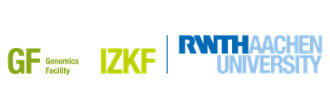
The Genomics Facility of the Interdisciplinary Centre for Clinical Research (IZKF) in Aachen supports sequencing projects for the WGGC, offering both long- and short-read sequencing solutions. They utilize Illumina platforms and Oxford Nanopore technologies while aiming to increase the single-cell sequencing portfolio. With extensive expertise in bioinformatics, they provide comprehensive support for data analysis and interpretation.
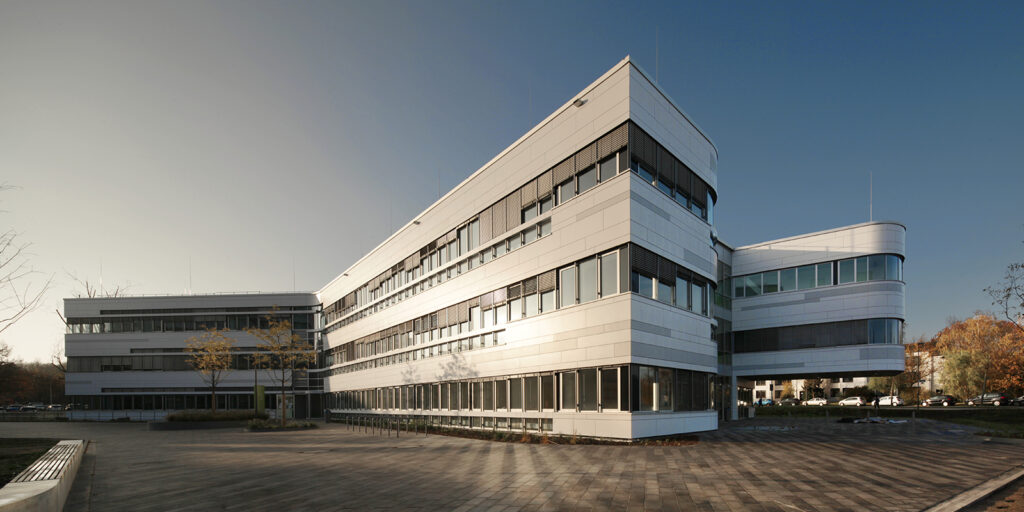
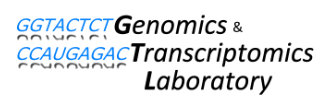
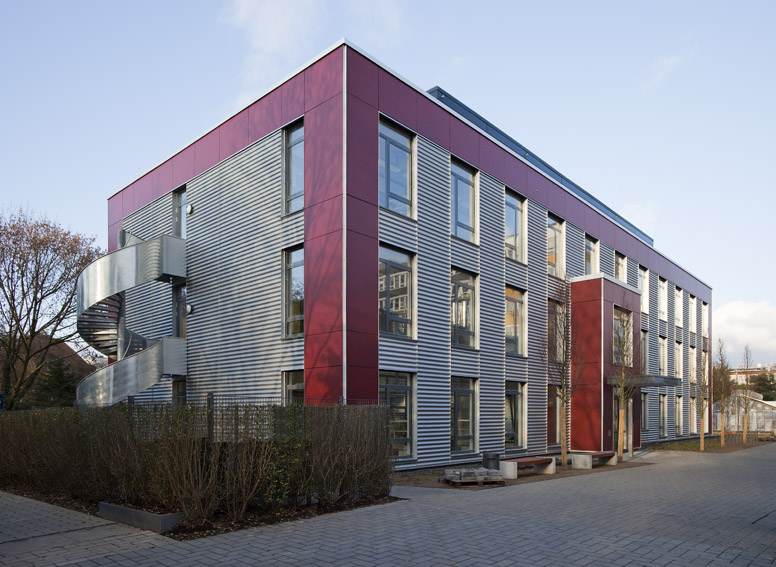

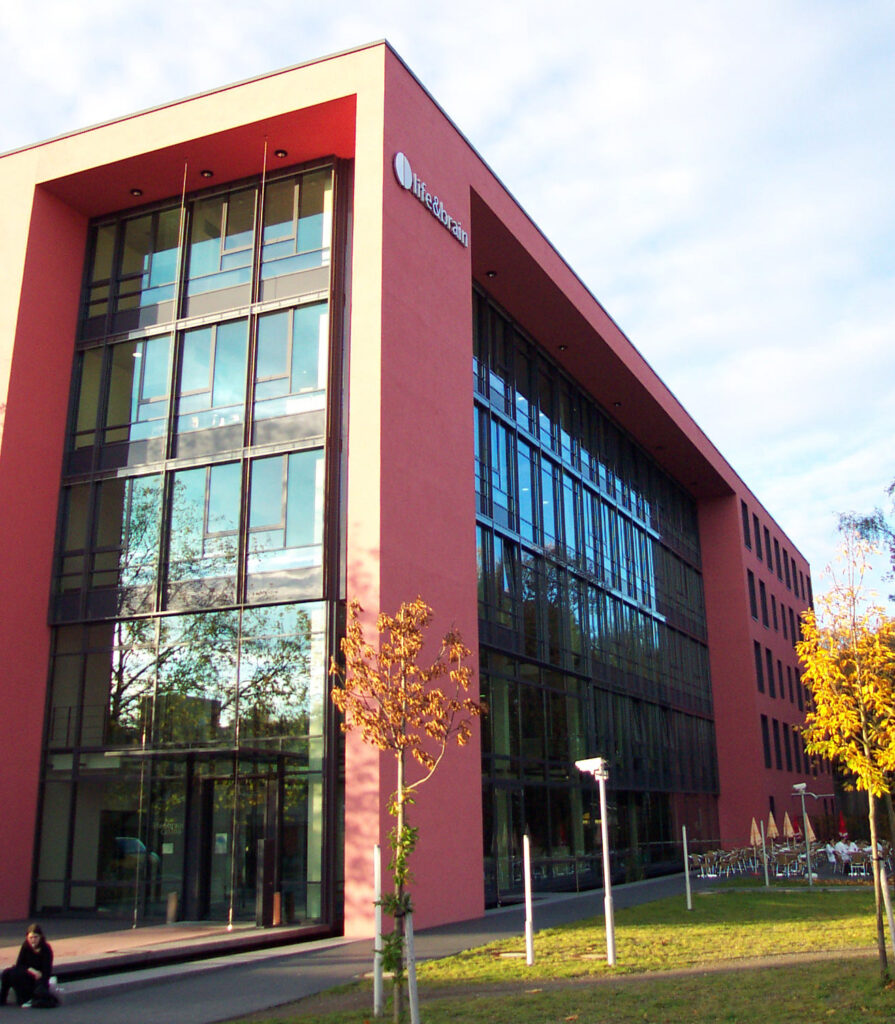
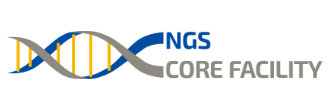
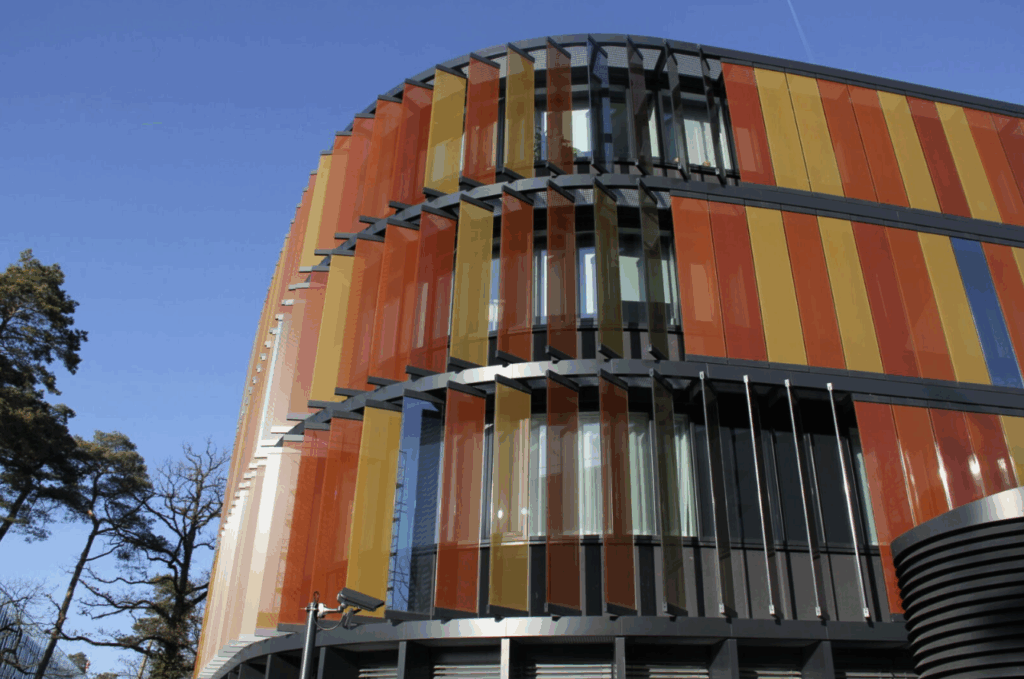
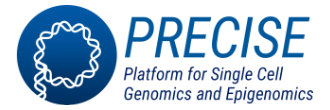
The “Platform foR SinglE Cell GenomIcS and Epigenomics” PRECISE is a joint venture between the University of Bonn and the German Center for Neurodegenerative Diseases (DZNE) in Bonn. PRECISE is dedicated to advancing single-cell multi-omics research through cutting-edge tools and technologies. Our mission is to develop, integrate, and rigorously test innovative methods that are faster, more affordable and highly sensitive.
This commitment allows us to provide, next to highly standardized workflows for bulk RNA-Seq, advanced solutions for single-cell RNA sequencing, including the groundbreaking Flash-Seq approach, high-throughput systems such as BD Rhapsody and 10X Genomics or single cell long reads RNA-Seq. Over the last year, PRECISE has also established a new area of competence in the field of spatial transcriptomics implementing state-of-the-art solutions like Slide-Seq or the Xenium In Situ platform from 10X.